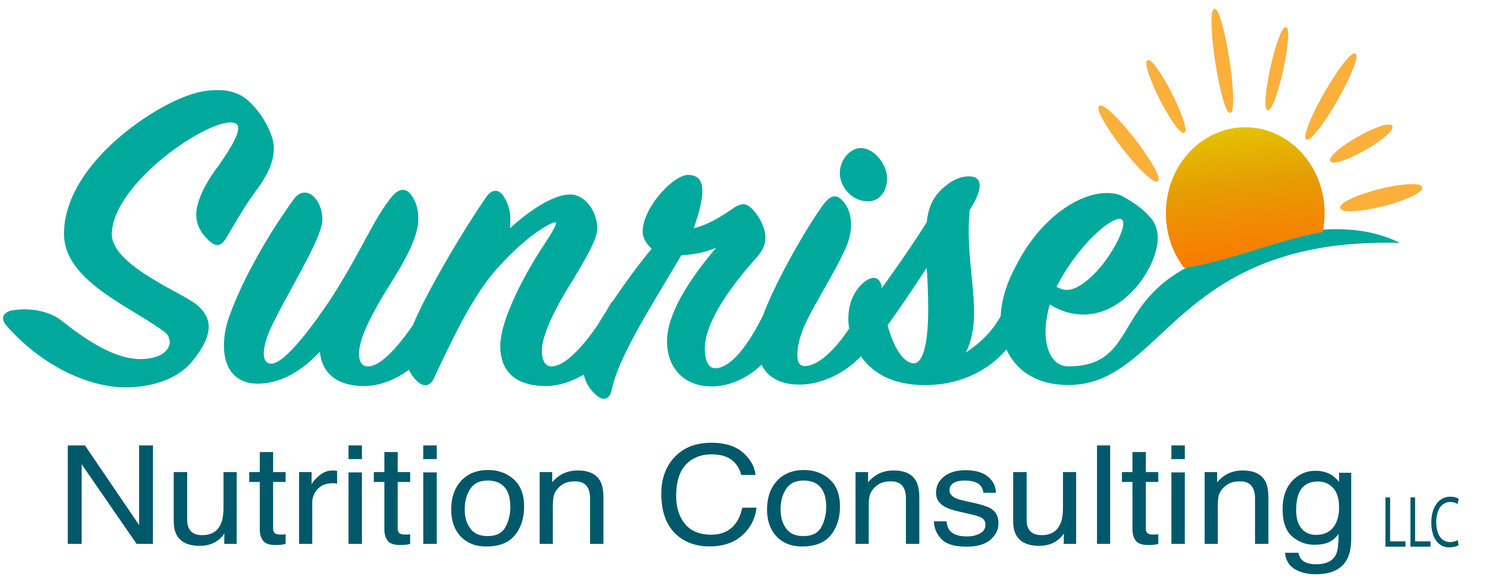This year when it feels like the entire world is focused on "new year, new you," resolve to have a no diet new year. Resolve to live peacefully with yourself.
My lived experience says typical new year's resolutions don't lead to peacefully living with and loving myself.
What about for you? What does your past say resolving to "eat healthier" or "lose weight" leads to?
(You can call it whatever you want, lifestyle change, healthier eating, clean eating, fewer carbs, no sugar, cleansing, etc. etc. etc. It's all code for restrained eating, which for most leads to less peace with food and constant food & body thoughts. But your own personal experience is what's important to consider.)
How about trying a different kind of resolution instead:
-resolve to say one kind thing to your body in appreciation each time you look in the mirror
-resolve to go through your closet and take out everything that doesn't fit anymore & donate it. Then resolve to slowly, as time & funds allow, build a wardrobe for your here-and-now body that makes you feel good
-resolve to listen to one episode of a food peace podcast each week to help you on your food peace journey. It could be Food Psych, or Maintenance Phase or past episodes of the Nutrition Matters podcast.
-resolve to turn off your fitness tracker and learn to tune into how your body communicates it wants to move or rest (this will take some exploration, but it's so worth it!)
Or, you could join me in my new year's resolution:
-I'm resolving to use this little book a special friend gave me to identify something I'm grateful for each day. (I'm actually aiming for most days, and being gentle with myself when I don't do it. Yes, recovering perfectionist here. I wish I were perfect, but I'm not. Ahhh, that's a freeing realization.)
Remember love is a verb, an action. Loving yourself and your body isn't a feeling. You can feel pretty stinky about your body and still love it. Resolve to love yourself this new year with an action that shows yourself that love. Love. Is. A. Verb.
-- Love Paula & Team Sunrise, the food peace people





